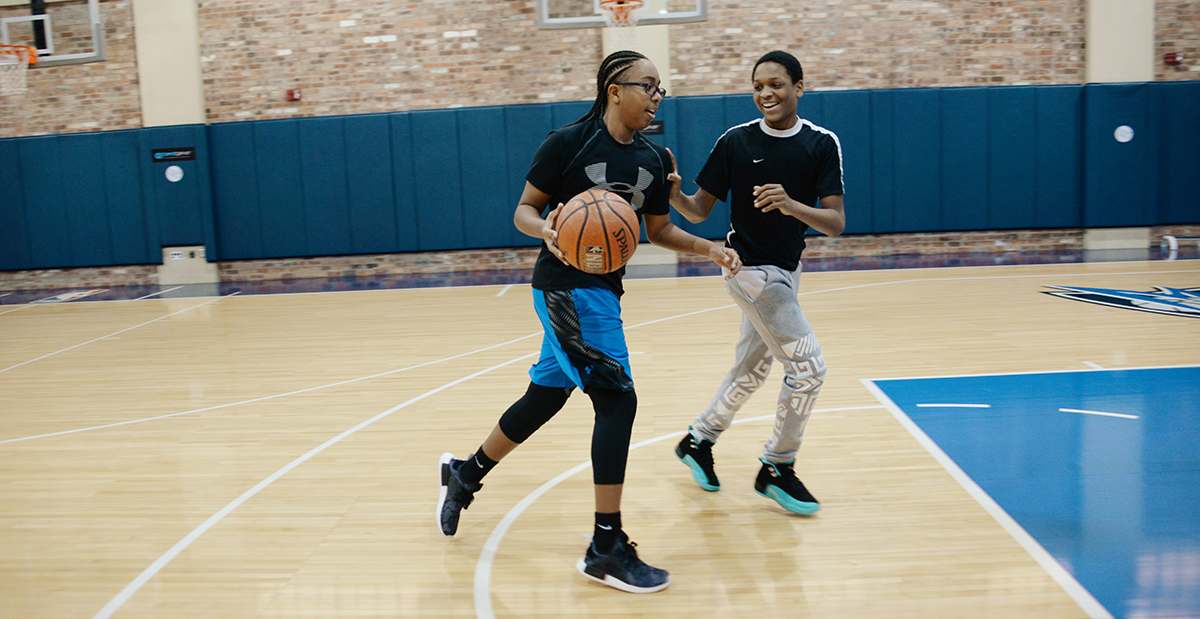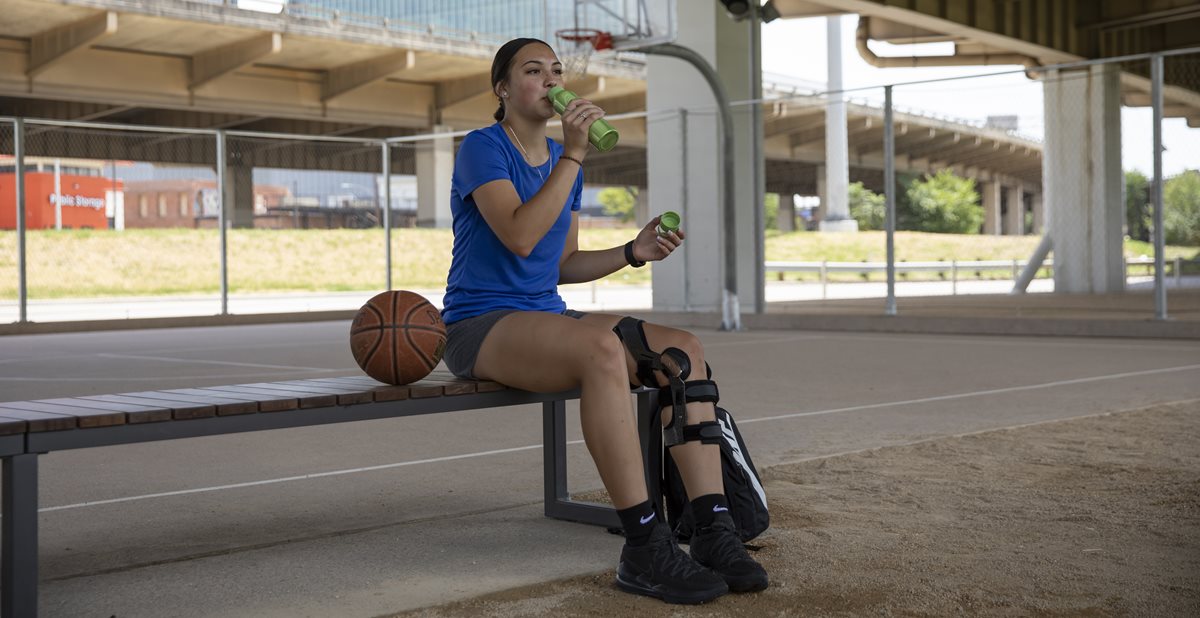
Jul 29, 2020 / Sports Medicine
Making the Most of the Off-Season: Sports Nutrition Tips for Young Athletes
The “off-season” for sports may be considered by some to be a time to relax and forget about training, nutrition and all that goes with it. However, the off-season can also be used to get ahead and make needed changes or improvements to feel ready and equipped with a plan when the season begins.
During in-season, many athletes struggle with properly fueling:
Here are four things to try this summer to be ready to train and perform at your best while in-season.
Mix it Up
During in-season, many athletes struggle with properly fueling:
- Choosing the right pre-event meal or snack.
- Staying hydrated.
- Optimally timing meals and snacks.
- Navigating food choices in the school cafeteria or at home.
Here are four things to try this summer to be ready to train and perform at your best while in-season.
Mix it Up
- Experiment with new foods.
- Expand your options in different food groups. Learn which foods cause an upset stomach or cramps during activity.
- Having an established list of tolerated foods allows athletes to feel confident in their pre-event meal or snack and prevents “food fatigue”.
- Don’t try new foods the day of a game, meet or competition
- Experiment with timing of food.
- Think about what your practice schedule will look like when the season begins. Try different pre-exercise meals and snacks (ex: different cereals, granola bars, fruits, etc.) and see what gives you the best practice.
- Write down what works and use those once the season begins and your schedule gets busier.
- For those who believe they can’t eat before an event, you can train your gut to tolerate foods (even if just small amounts) prior to events.
- Start with something small and easily digested (think a couple of plain crackers or pretzels, a few sips of sports drink, etc.) and slowly increase the amount. Eventually you may be able to include items like mini bagels, cereal or simple granola bars. This will give you more energy for practices and games.
- For those who don’t typically eat in the morning, try adding small amounts to learn how it gives you energy for a better run or workout.
- Try small portions of items from list you made.
- Being well-hydrated is key to good health and optimal performance.
- Use summer practices to figure out when you need to drink and how much for optimal performance and recovery.
- For more information about staying hydrated, see our handout. English I Spanish
- Will you be taking on a new position next year? Maybe this new position requires that you be stronger or faster. Changing positions for some athletes can change their nutrition needs for sport.
- Take the summer months to find a new eating plan that you enjoy that helps you meet your performance goals. Make sure it’s something you can continue into the school year and season.



